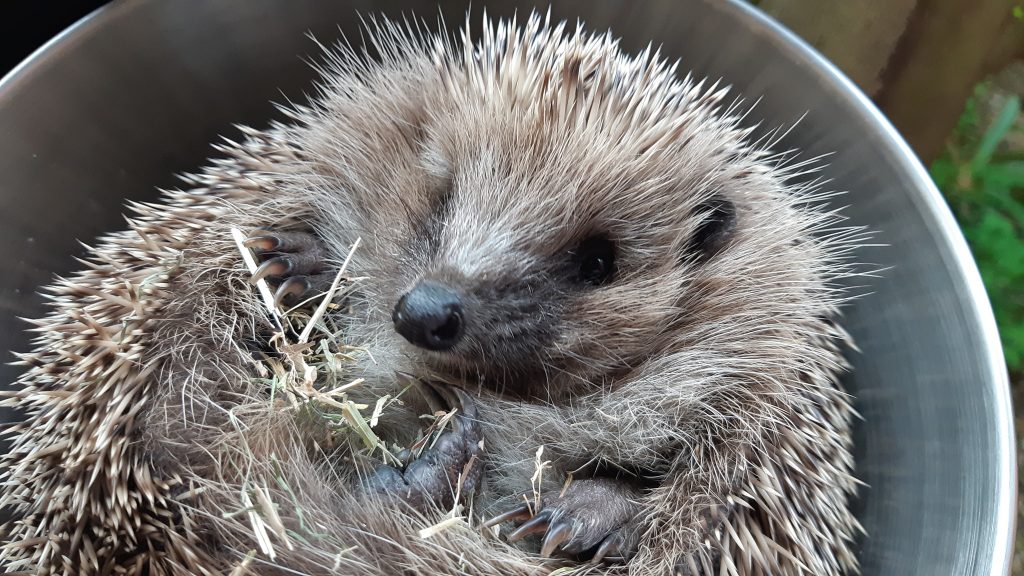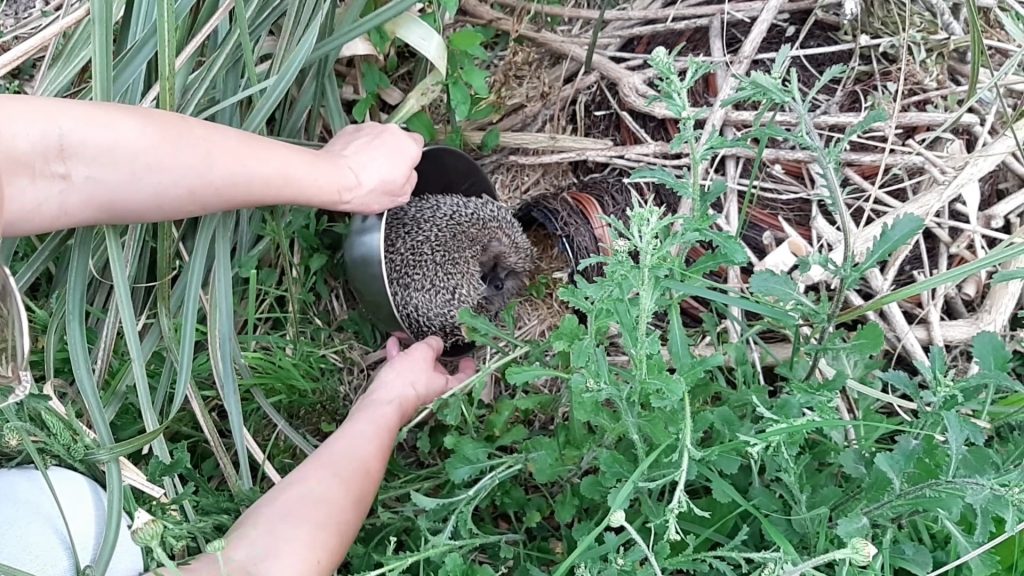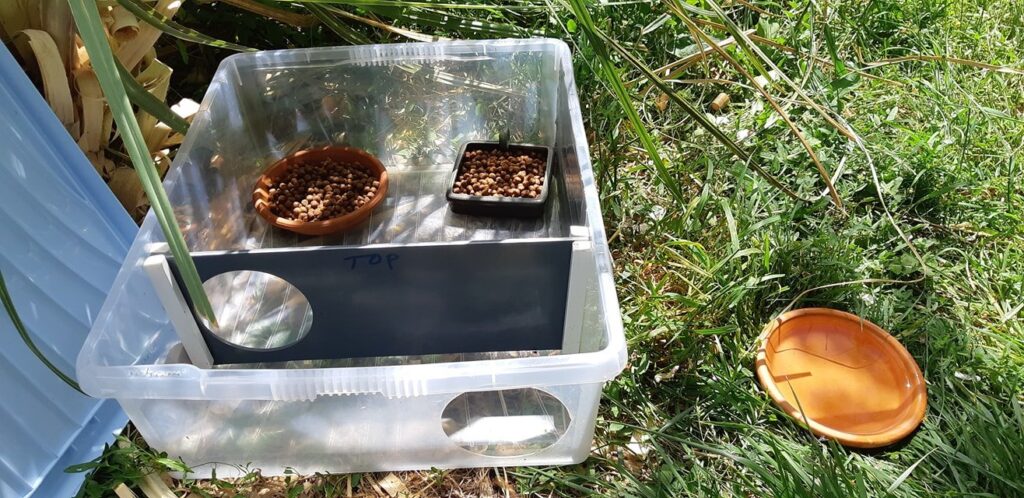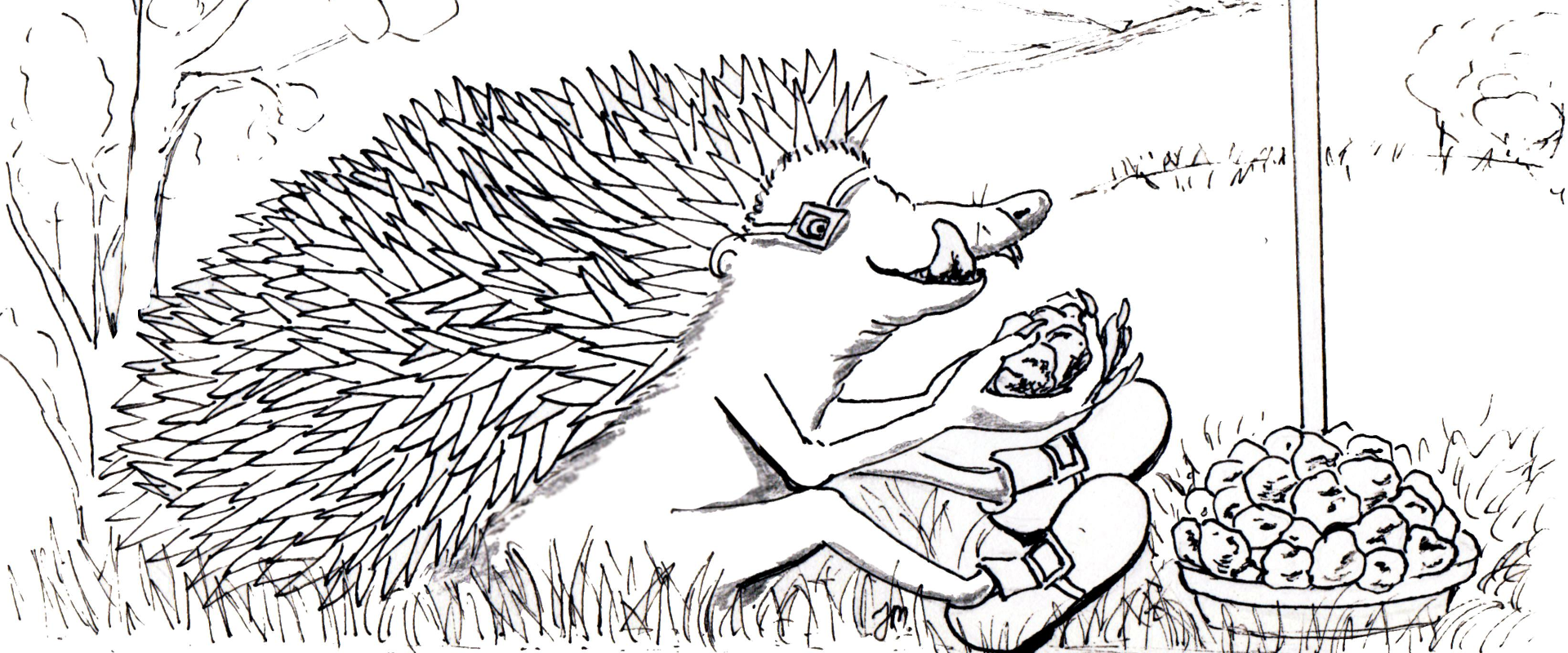The sun is out and the spring warmth has reached the ground, so our spiky friends on Badger Farm and Oliver’s Battery are now active or waking up from hibernation.
Hedgehogs are nocturnal animals and they mainly come out to forage at night or in the evenings. However, as the days get lighter and longer, you can now easily spot them in your garden during the light evenings.
Our area has a resident population of hogs, so you can support and look after them in many ways:
- Leave water in a shallow dish (especially in dry weather).
- Keep cat proof feeding stations topped up with kitten biscuits, dry dog, or hedgehog food.
- Offer them shelter in the form of hedgehog houses or igloos.
- Leave some unkempt, overgrown areas with wood logs or twigs (creating bug houses and natural hog eateries).



- Make cd-sized holes at the bottom of fences, walls or under gates (hedgehog highways).
- Check the area before using electric mowers or strimers; especially in long grass, flower borders or under shrubs and hedges.
- Keep your dogs safely inside the house for the night (cats learn very quickly not to bother hedgehogs, but dogs tend to be more playful).
- Look out for the hogs in your area and log them on the www.bighedgehogmap.org website.
- Watch out for hogs when driving at dusk or overnight as they will not get out of your way.
- Chat with your neighbours to make them aware of spiky visitors in their gardens, too.
You can make a hog feeding station easily by up-turning a long plastic plant pot and cutting a cd sized hole in one end. Place some hog food in there and some water outside. Check it and restock every day, and you’ll soon find evidence of prickly visitors – droppings around and crumbs left in the feeding dish.
There are also a few things you should know to help the hogs stay safe:
- Our spikey friends are lactose intolerant so please do not give milk – only water.
- Mealworms, sunflower hearts or peanuts can cause metabolic bone disease, which is a fatal condition for hogs, so please avoid them, too.
- If digging in your compost heap or lighting a fire, please check for spikey inhabitants first. Ideally, move the bonfire before you burn it.
- Please avoid slug pellets as they are toxic for hogs, and you should not have a slug or bug problem if you look after your resident hogs. They love them!

